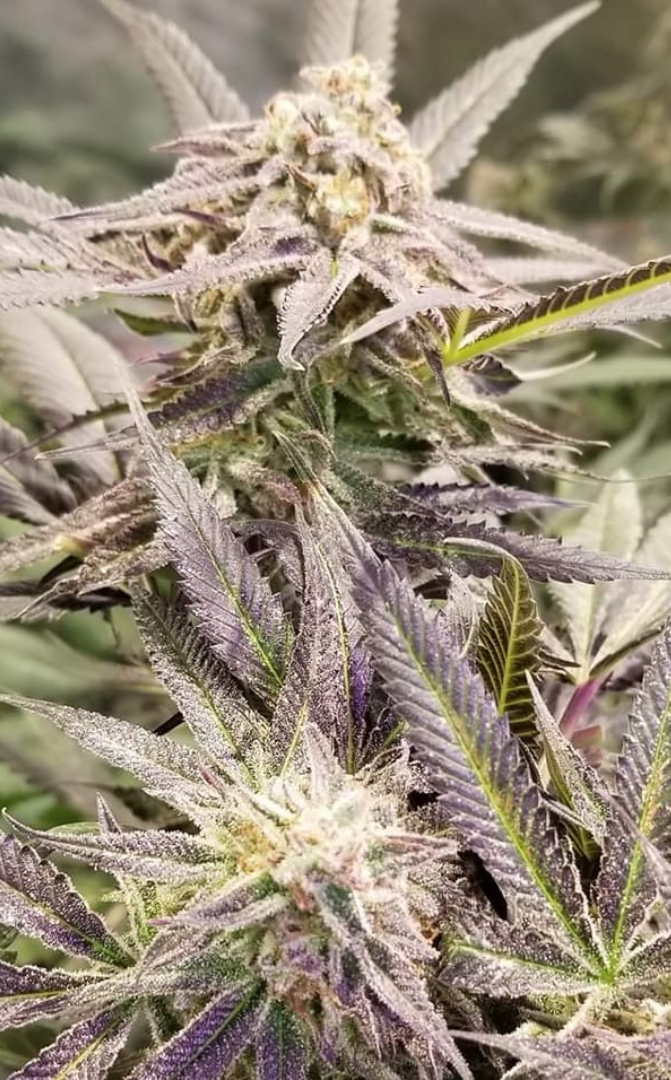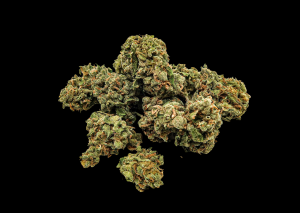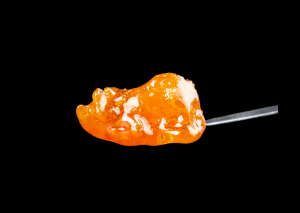High Quality Medical Marijuana
Helping One Patient at a Time in Oklahoma
Welcome to Budz Dispensary in Oklahoma City!
At Budz Dispensary, we take pride in providing top-notch medical marijuana products to the Oklahoma City community. Our family-owned business is dedicated to delivering high-quality cannabis solutions that cater to each patient’s unique needs.
Our team, led by Kenny, Lezlee, and Rick understands the importance of personalized care, and we’re committed to positively impacting your well-being.
Whether you’re seeking relief, relaxation, or a deeper understanding of medical marijuana, Budz Dispensary is your trusted partner on your journey to wellness.
Stop in and check out our expansive selection of the top tier medical marijuana products in the state of Oklahoma

Check out our great selection of cannabis products. We carry a variety of products and brands ***nothing for sale online***
Discover a new level of cannabis consumption with our range of high-quality concentrates.
About us
Who We Are: Budz Dispensary - Medical Marijuana Dispensary in Oklahoma
Behind every product and every interaction stands the Budz Dispensary family. We are committed to providing not just cannabis but personalized care and support for each individual. Get to know the faces and the values that shape our approach to helping you find relief, relaxation, and empowerment.

Resources
Cannabis Insights crafted to expand your understanding and answer questions.
Explore our collection of blogs and articles, where we delve into various cannabis-related topics. From strain spotlights to wellness insights, our content is designed to educate and inspire, guiding you through the ever-evolving landscape of medical marijuana.
Navigating the process of obtaining a medical marijuana card in Oklahoma is made more accessible with our guide. From eligibility requirements to application procedures, we’ve compiled the information you need to access the benefits of medical cannabis with ease and confidence.

Why Choose Us
Elevating Your Cannabis Experience: The Budz Advantage
At Budz Dispensary, we understand that each individual’s journey with cannabis is unique. That’s why we take a personal approach to every interaction. Our knowledgeable team is here to guide you with expertise and empathy. Whether you’re seeking the right strain, exploring CBD options, or simply looking for information, we take the time to understand your needs and provide tailored recommendations that align with your wellness goals.
Our Mission
Empowering individuals with high-quality cannabis solutions to enhance their well-being and transform lives.
Our Values
We are driven by integrity, compassion, and a commitment to community, fostering a culture of support and understanding for all.
Testimonials
Posted onTrustindex verifies that the original source of the review is Google. Great selection and extremely helpful staff.Posted onTrustindex verifies that the original source of the review is Google. This is where I get my flower, Carts, pre- rolls. Clones, Employees are very, knolageable, friendly and helpful. Great products and prices. Thank youPosted onTrustindex verifies that the original source of the review is Google. Love this place.... Good people...good product....good prices.... GREAT PRICES...Posted onTrustindex verifies that the original source of the review is Google. Good flower and the owner's was kool and we stood in the shop and had a good conversation! Would like to get to know you and ur wife as friends, My wife hasn't had a decent conversation till today with leslie! Need Good people in our life like yall!Posted onTrustindex verifies that the original source of the review is Google. They really hooked me up when I went in, definitely will be back!Posted onTrustindex verifies that the original source of the review is Google. Great shop. great prices. They know their stuff. Will be a loyal customer from now on.Posted onTrustindex verifies that the original source of the review is Google. Check this place out great prices & great service
Your Destination for Premium Cannabis
Discover Our Weekly Specials and Elevate Your Cannabis Journey. Give Us a Call or Drop In.
Or give us a call:
Business Hours
- Mon-Sat 10am -10pm
- Sun 12pm -6pm



